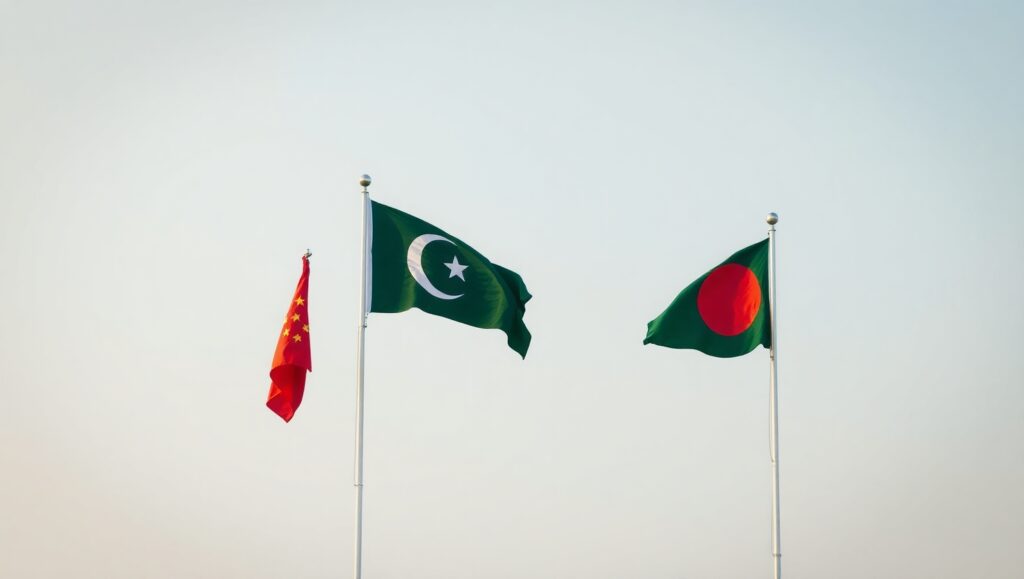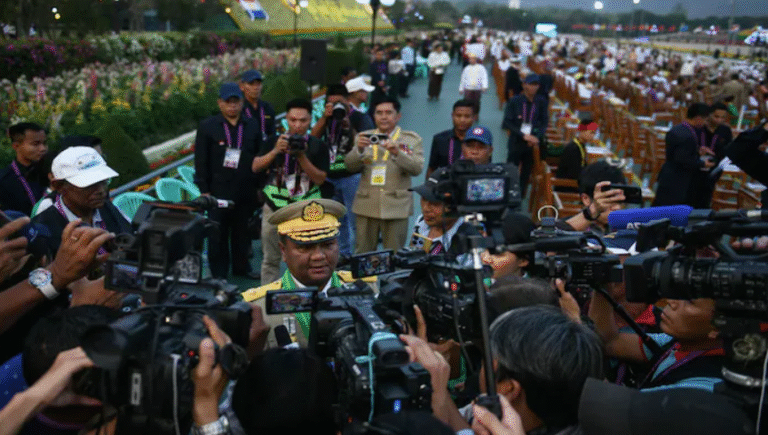
China, Pakistan, and Bangladesh are reportedly exploring the formation of a new regional grouping to replace the South Asian Association for Regional Cooperation (SAARC), which has remained largely inactive since 2016. According to a report by The Express Tribune (Pakistan), talks between China and Pakistan regarding this initiative are at an advanced stage. Bangladesh also participated in a recent meeting in Kunming, China, held on June 19, which reportedly aimed to draw other South Asian nations into the proposed grouping.
SAARC, established in 1985 with its headquarters in Kathmandu, has faced operational deadlock following India’s boycott of the 2016 summit in Islamabad, triggered by the Uri terror attack. Several other members—Afghanistan, Bangladesh, and Bhutan—also withdrew, citing security concerns, resulting in the cancellation of the summit.
While the Kunming meeting stirred speculation about a new alliance, Bangladeshi officials clarified that it was an official-level discussion with no political intent. “We are not forming any alliance,” said Foreign Affairs Adviser M. Touhid Hossain.
China and Pakistan are said to be advocating for a fresh framework that promotes regional integration and connectivity. Although reports suggest India might be invited, analysts believe New Delhi is unlikely to join due to strategic divergences.
India has historically played a leading role in SAARC, funding initiatives like the South Asian University and the SAARC Development Fund. However, Pakistan’s consistent obstruction of regional cooperation—such as vetoing the SAARC Motor Vehicles Agreement—hampered progress.
As SAARC remains frozen, alternative regional cooperation models like the BBIN (Bangladesh, Bhutan, India, Nepal) framework have emerged. Whether this new China-led initiative can gain traction remains to be seen, especially amid differing political and security interests across the region.


